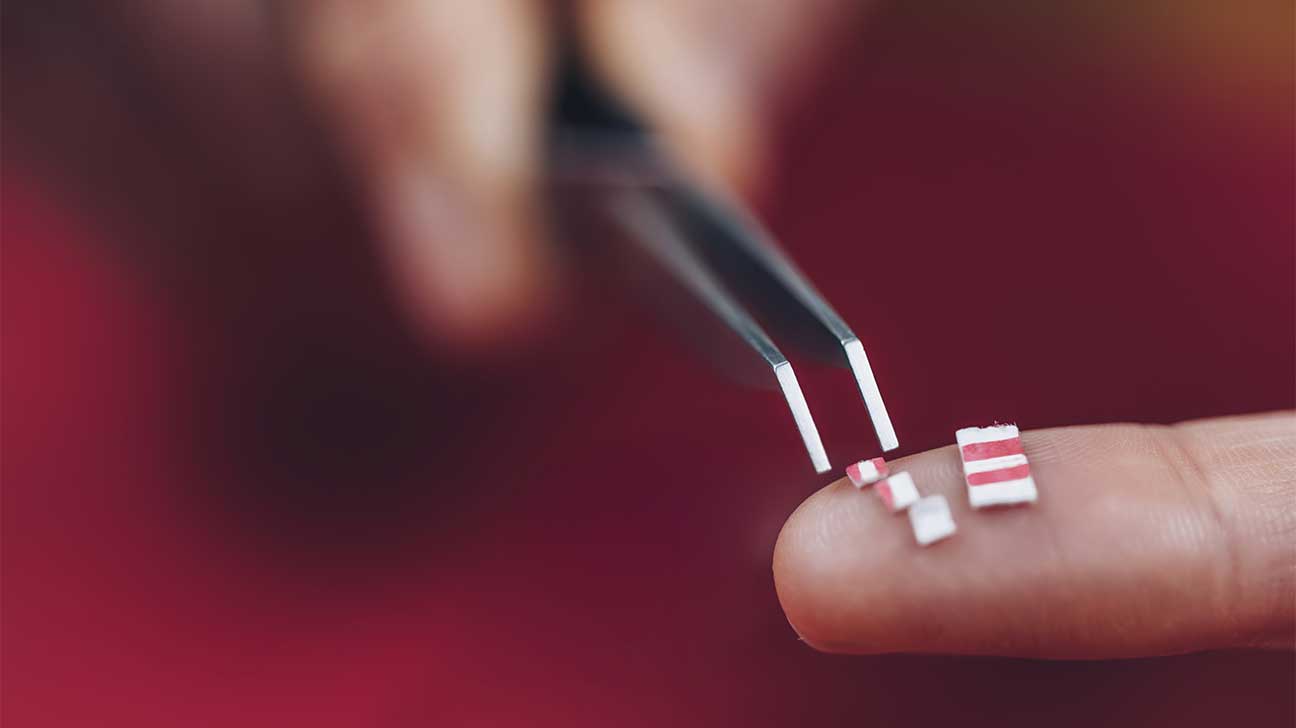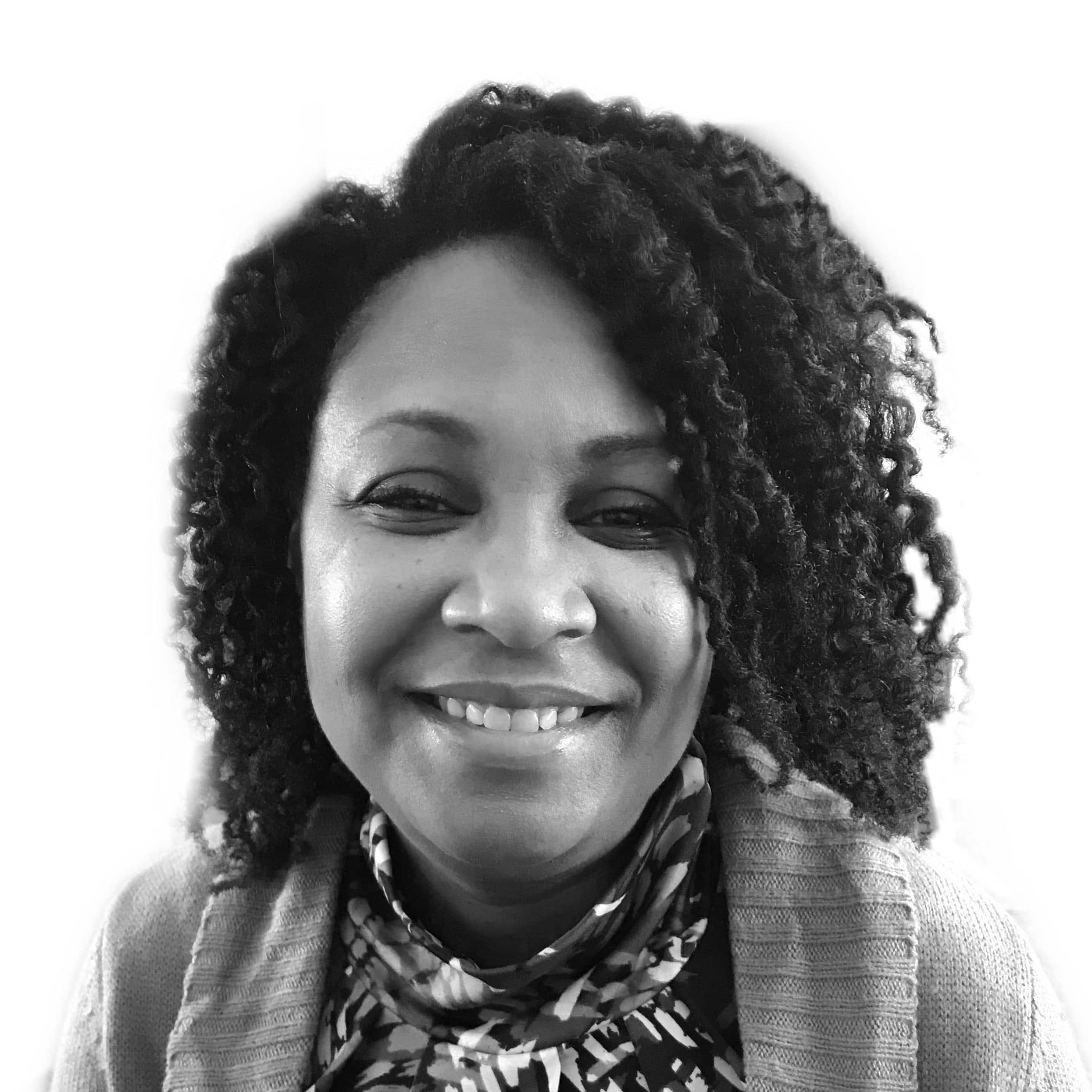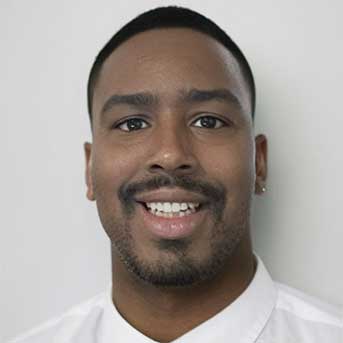
There is currently no known lethal dose of LSD. An overdose is possible, but it will most likely not lead to death.
LSD is a powerful drug (doses as small as 1-1.5 mcg/kg can produce psychoactive effects), but it’s not considered to be toxic and is medically safe when taken at standard dosages.
Learn more about the lethal dose of commonly abused drugs
Finding The Lethal Dose Of LSD
LSD, full name lysergic acid diethylamide, is a highly addictive psychedelic drug. It’s a synthetic chemical made from a substance found in ergot, a fungal disease.
However, the ingredients used in LSD are not always certain. Many times LSD may be formed from other chemicals like NBOMe or the 2C family of drugs.
This makes the lethal dose difficult to verify, because the ingredients, quality of materials, amounts, and other factors are not always known.
Hallucinogens like LSD affect mood, perception, thoughts, and behavior at normal doses. When taken at higher doses, LSD can produce hallucinations and distortions of space and time.
But there is little evidence to suggest that major LSD overdose is deadly.
What Research Says About The Lethal Dose Of LSD
In a study published in the Journal of Studies on Alcohol and Drugs, researchers studied three extraordinary cases of non-fatal LSD overdoses.
One woman ingested 550 times the normal dose of LSD and did not die but experienced positive effects on pain levels and morphine withdrawal.
The second case involved a teenage girl with a history of mental illness. After the overdose, she claimed that her mental health issues had been resolved.
And the last case involved a pregnant woman who overdosed and the fetus was not negatively impacted whatsoever.
Has Anyone Died From An LSD Overdose?
LSD is rarely associated with overdose deaths, accidental deaths, or suicides.
There have been a few cases of fatal LSD overdoses. However, the circumstances involved make the deaths more complicated.
For example, in one LSD-related death, a person developed extreme hyperthermia that was likely caused by a drug substituted for LSD.
In two other cases, individuals exhibiting psychological agitation experienced fatal cardiovascular collapse after being placed in restraints by police.
Given the special circumstances of these fatalities, researchers suggest that an accurate understanding of factors must be established before attributing deaths to LSD toxicity.
Recognizing The Signs Of An LSD Overdose
While an LSD overdose is more than likely not going to be fatal, there are a number of symptoms that can be problematic if not addressed.
Signs of an LSD overdose include:
- panic
- paranoia
- sweating
- nausea and vomiting
- tremors
- increased body temperature
- blurred vision
- psychosis
- intensified sense of smells and noises
Finding Treatment For LSD Addiction
LSD is highly addictive and has the potential to create a major dependency in the body.
As you continue to build up a tolerance against the effects of LSD, more is required to produce a similar high, leading to addiction.
But treatment is available, just call our helpline to learn how you or your loved one can recover from LSD addiction.
Addiction Resource aims to provide only the most current, accurate information in regards to addiction and addiction treatment, which means we only reference the most credible sources available.
These include peer-reviewed journals, government entities and academic institutions, and leaders in addiction healthcare and advocacy. Learn more about how we safeguard our content by viewing our editorial policy.
- National Institute on Drug Abuse (NIDA) — Lysergic Acid Diethylamide Toxicity
https://www.ncbi.nlm.nih.gov/books/NBK553216/ - U.S. National Library of Medicine: PubMed — Is LSD toxic?
https://pubmed.ncbi.nlm.nih.gov/29408722/ - U.S. National Library of Medicine: PubMed — LSD Overdoses: Three Case Reports
https://pubmed.ncbi.nlm.nih.gov/32048609/


